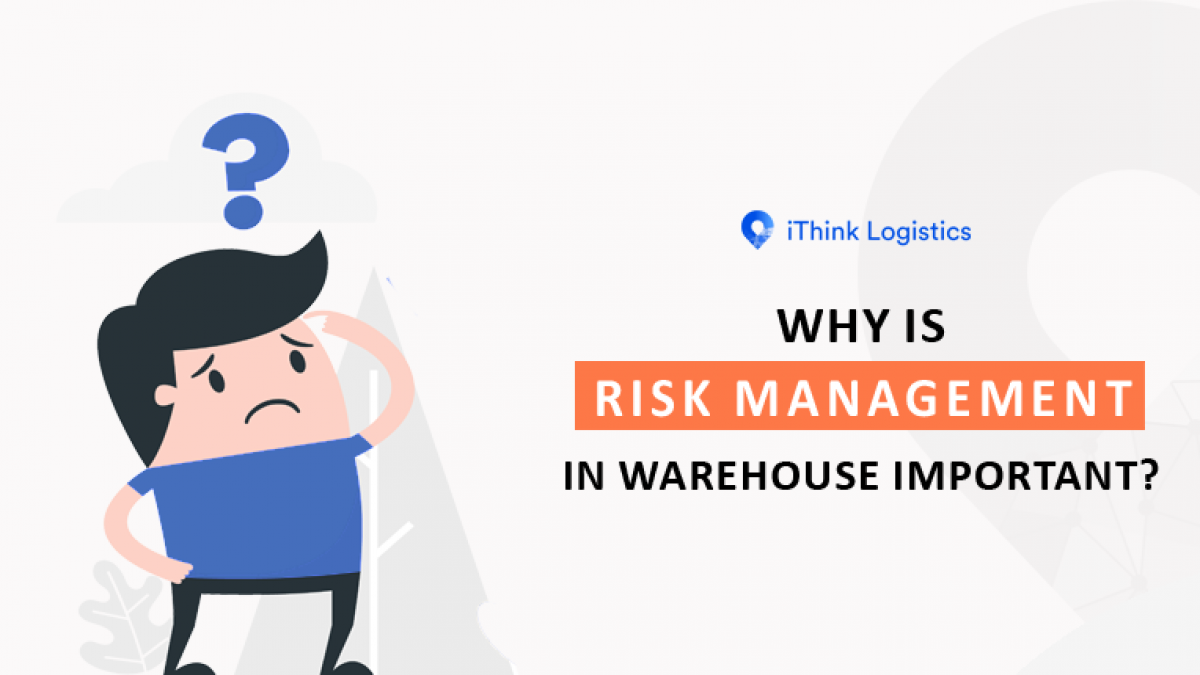The Role and Importance of Risk Management in Ensuring Organizational Continuity
The Role and Importance of Risk Management in Ensuring Organizational Continuity
Blog Article
The Relevance of Comprehending the Significance of Risk Management in Various Industries

The Core Idea of Risk Management and Its Objective
Risk Management, the keystone of lots of industries, hinges on the recognition, evaluation, and mitigation of unpredictabilities in a company environment. It is an integral practice that enables companies to safeguard their properties, reputation, and overall survival. By properly determining possible dangers, companies can create strategies to either protect against these risks from happening or lessen their influence. The assessment process includes evaluating the probability and potential intensity of these threats. As soon as threats have actually been determined and examined, the reduction process entails developing approaches to lower their potential impact. This process is recurring and cyclical, guaranteeing that companies are gotten ready for the ever-changing nature of Risk in various industries. The main objective, hence, is to cultivate strength in the middle of uncertainties.
Advantages of Implementing Risk Management in Company Workflow

Unveiling the Role of Risk Management in Different Industries
While every industry challenges its special set of risks, the application of Risk Management methods remains a common measure in their pursuit of sustainability and growth. In the healthcare market, Risk Management entails guaranteeing client safety and information security, while in financing, it includes mitigating financial investment threats and making certain governing conformity (importance of risk management). Building companies concentrate on worker safety, task hold-ups, and spending plan overruns. In the innovation industry, firms mitigate cybersecurity risks and technology obsolescence. Ultimately, the function of Risk Management across markets is to determine, assess, and reduce dangers. It is an essential component of critical planning, allowing organizations to protect their assets, make best use of chances, and achieve their objectives.
Real-life Situation Studies Demonstrating Successful Risk Management
To recognize the significance of Risk Management in these several fields, one can look to numerous real-life circumstances that highlight the successful application of these measures. Toyota, upload the 2011 earthquake in Japan, modified its supply chain Management to lessen disturbance dangers. These instances demonstrate exactly how markets, finding out from dilemmas, efficiently applied Risk Management methods to reduce future threats.
Future Trends and Developments in Risk Management Approaches
Cybersecurity, as soon as an outer issue, has see page catapulted to the leading edge of Risk Management, with techniques concentrating on reaction, prevention, and discovery. The assimilation of ESG (Environmental, Social, Administration) factors into Risk Management is an additional growing fad, showing the raising recognition of the role that environmental and social threats play in organization sustainability. Thus, the future of Risk Management lies in the fusion of sophisticated modern technology, innovative approaches, and an all natural approach.
Final thought
To conclude, comprehending the relevance of Risk Management across a spectrum of sectors is crucial for their long life and prosperity. Customized techniques can aid reduce prospective dangers, protect possessions, and foster stakeholder depend on. In addition, proactive decision-making help in governing compliance and enhances source use. Ultimately, successful Risk Management contributes to a lot more lasting and resistant organizations, highlighting the significance of this practice in today's vibrant and highly competitive service environment.
While every sector challenges its unique collection of dangers, the execution of Risk Management strategies remains a common in their quest of sustainability and growth. In the healthcare market, Risk Management requires ensuring client safety and security and data defense, while in finance, it entails mitigating investment risks and ensuring governing compliance. Inevitably, the duty of Risk Management across industries is to determine, evaluate, and alleviate threats. These cases demonstrate exactly how sectors, discovering from dilemmas, efficiently applied Risk Management methods to lower future risks.

Report this page